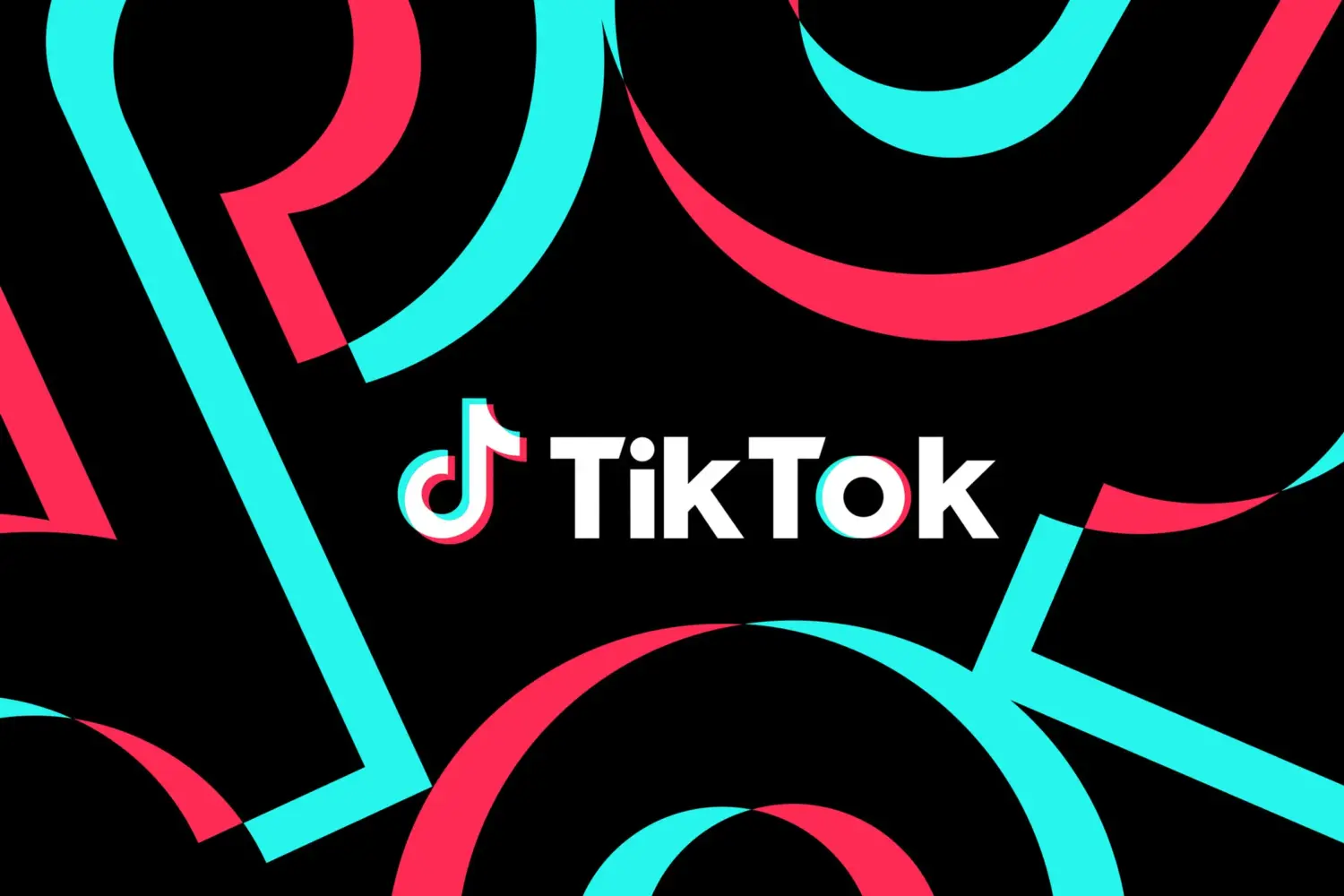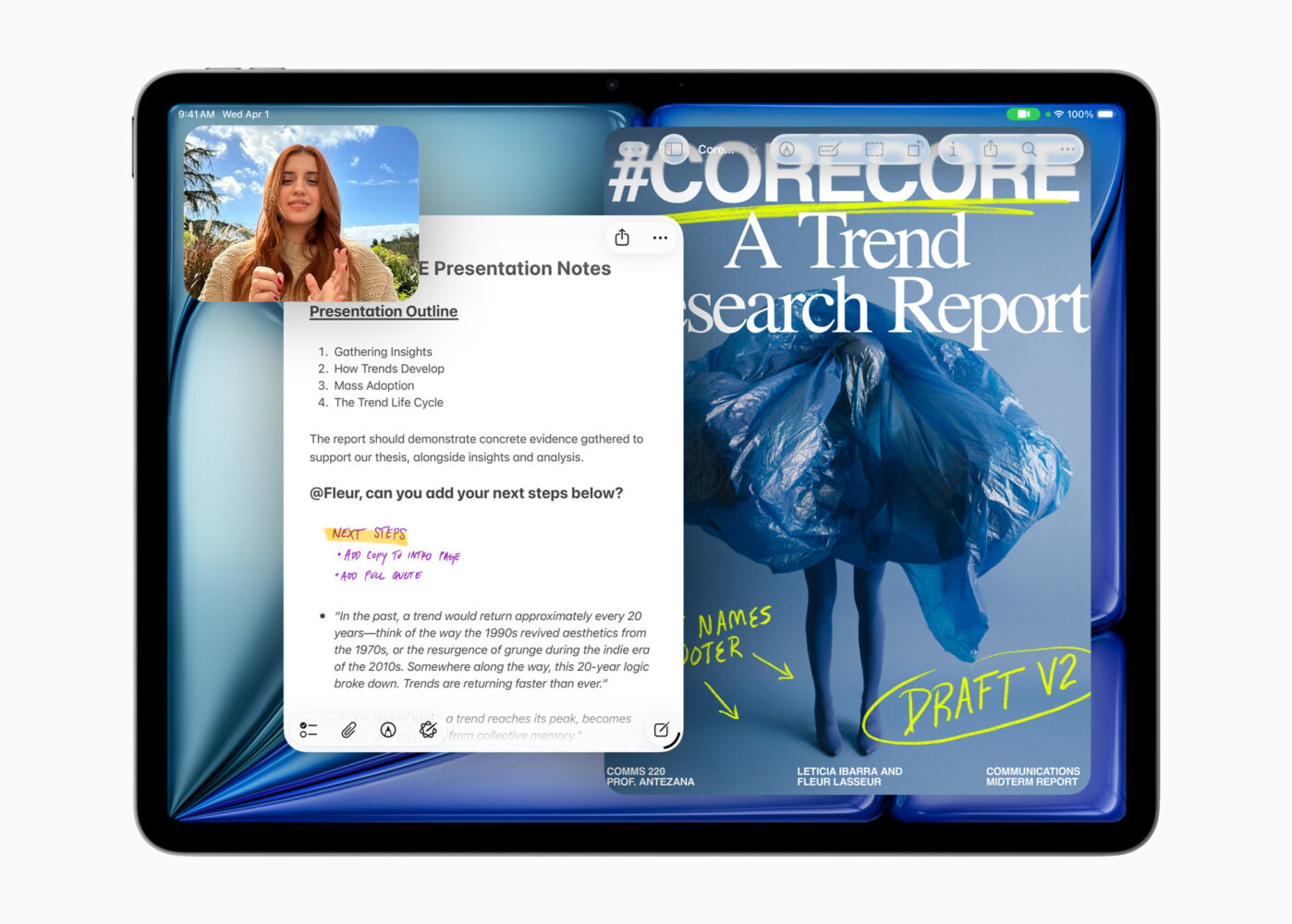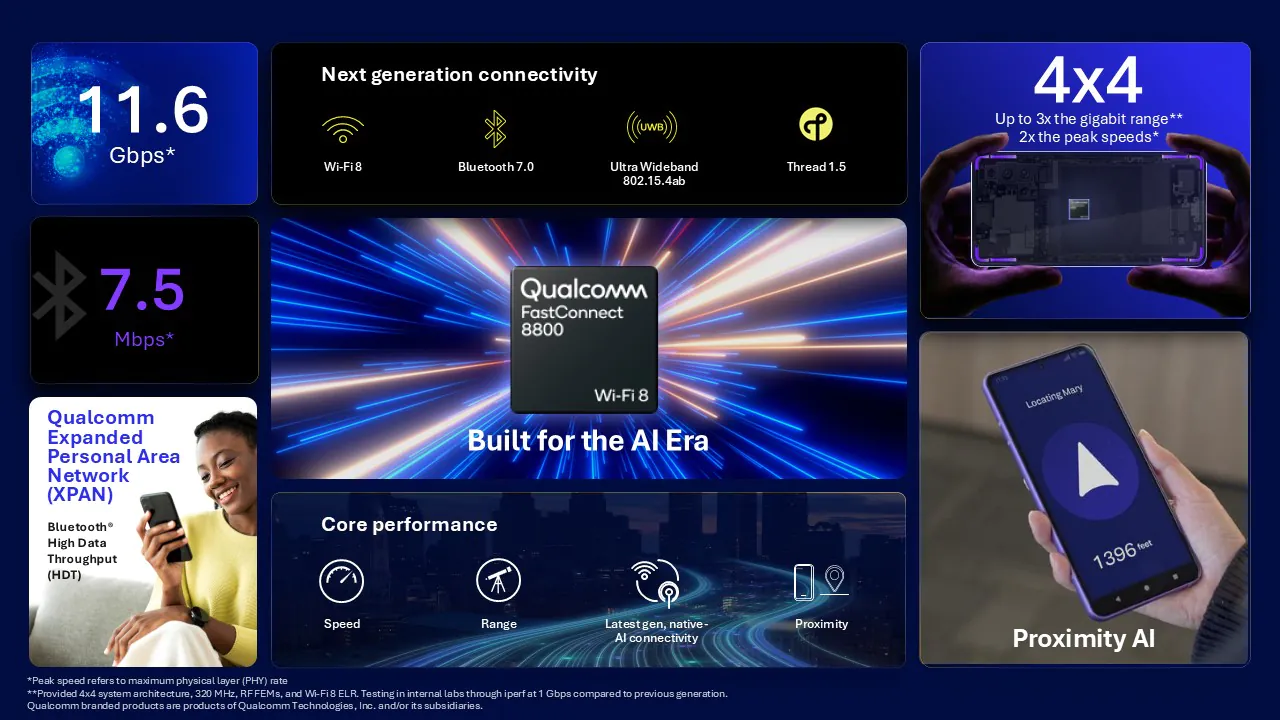TikTok is preparing to cut hundreds of content moderation jobs as it accelerates its shift toward AI-driven enforcement. According to The Wall Street Journal, the layoffs will primarily affect staff in London, where roughly 2,500 moderators are based, with additional cuts expected across South and Southeast Asia. While the company did not disclose exact figures, the report suggests that the reduction will affect a significant portion of the team.
The move comes as TikTok leans more heavily on automation. By its own estimates, more than 85% of posts removed for violating community guidelines are already flagged and taken down by AI systems. This is not the first round of staff reductions: in late 2024, TikTok cut 500 moderators, mainly in Malaysia, and in July of this year, about 150 employees in Berlin were informed that their roles would be replaced by AI.
The timing raises questions about TikTok’s broader strategy. The layoffs coincide with the UK’s new Online Safety Act, which threatens fines of up to 10% of global revenue—or £18 million, whichever is greater—for failing to protect minors from harmful content. The company has not said whether the legislation influenced the cuts, but reducing human oversight just as regulatory pressure intensifies is likely to draw scrutiny.
Another layer of tension comes from labor relations. The Financial Times reported that the layoffs were announced one week before TikTok’s London moderators were set to vote on unionizing, a move management has resisted. Critics suggest the cuts could be tied as much to avoiding union pressure as to efficiency or cost savings.
In response, TikTok framed the decision as part of a wider restructuring aimed at consolidating its Trust and Safety operations into fewer hubs. A spokesperson said the changes are intended to “maximize effectiveness and speed” while leveraging “technological advancements.”
Union organizers remain skeptical. John Chadfield of the Communication Workers Union argued that TikTok’s real objective is to rely almost entirely on AI, calling the company’s framing of the decision as innovation misleading. He suggested the approach would likely result in offshoring rather than real technological gains.
TikTok is not alone in moving away from human moderation. Meta has shifted toward a community-driven model, and Musk’s X (formerly Twitter) operates with far fewer moderators than before. The trend reflects a broader industry calculation that AI is cheaper and faster than human review, even as concerns persist about accuracy, bias, and the ability to respond to harmful content in nuanced situations.







